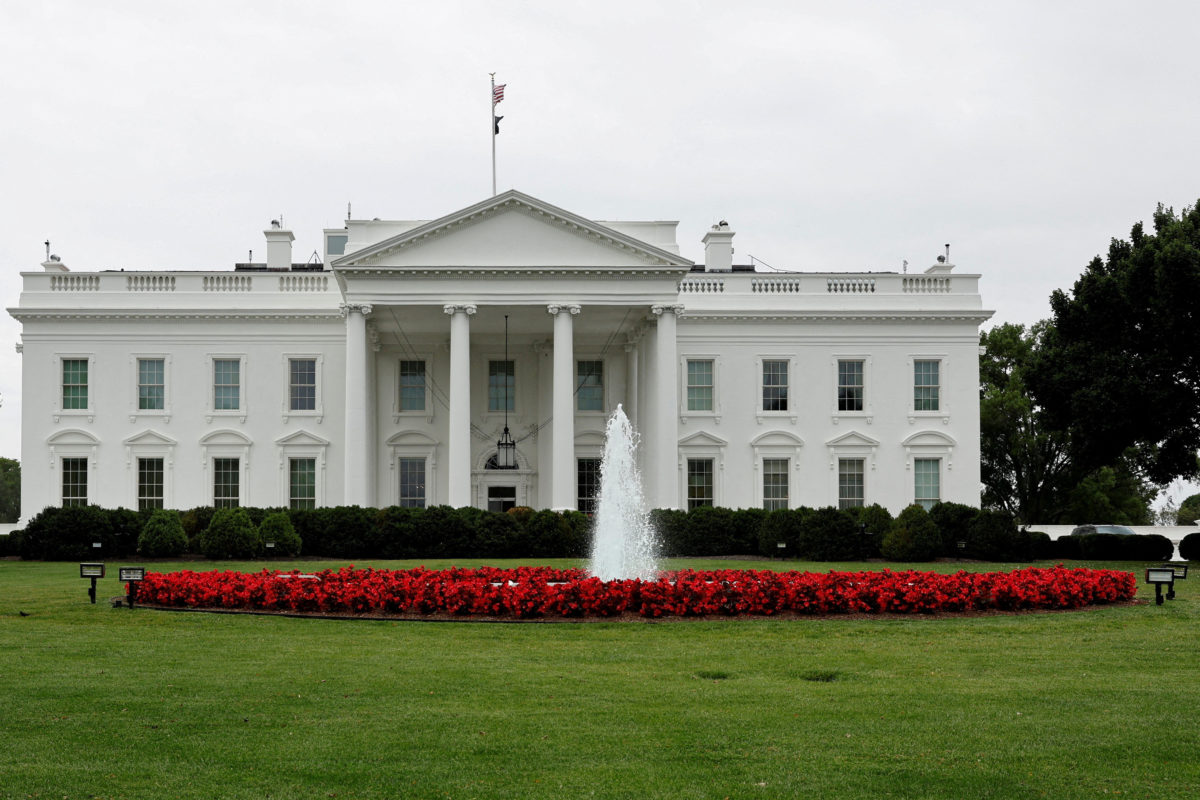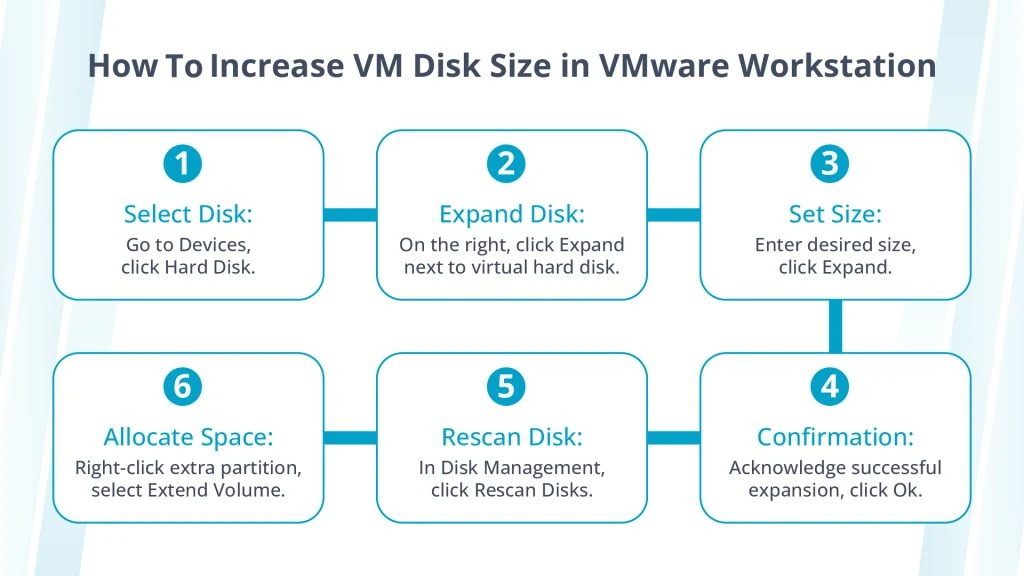Anchor Brewing Company: 127 Years Of Brewing History Ends

Table of Contents
A Legacy Forged in San Francisco: Anchor Brewing's Historical Significance
Founded in 1896, Anchor Brewing Company is deeply intertwined with the fabric of San Francisco. Its history is a testament to resilience, innovation, and a commitment to quality that shaped not just a brewery, but a city's identity. Anchor's journey is a compelling narrative within the broader San Francisco brewing history.
- Surviving Prohibition: Many breweries succumbed during Prohibition, but Anchor persevered, adapting and ultimately emerging stronger. This tenacity laid the groundwork for its future success.
- Reviving Steam Beer: Anchor played a pivotal role in reviving the popularity of Steam Beer, a unique style of brewing that had largely faded into obscurity. Their dedication to this distinctive style became a defining characteristic and a source of immense pride.
- Pioneering the Craft Beer Revolution: Anchor Brewing was instrumental in sparking the craft beer revolution. Its commitment to quality ingredients and traditional brewing methods challenged the dominance of mass-produced lagers, inspiring countless other independent breweries.
Key figures like Fritz Maytag, who acquired the brewery in 1965 and spearheaded its revival, played crucial roles in shaping Anchor's legacy. His vision transformed a struggling brewery into a national icon, solidifying Anchor Steam Beer's place in brewing history. Understanding Anchor's past illuminates the significance of its closure within the larger context of San Francisco brewing history and the craft beer pioneers who shaped the industry.
The Challenges Facing Anchor Brewing: Economic Pressures and Market Competition
While Anchor Brewing's legacy is undeniable, the brewery faced significant headwinds in recent years. Several factors contributed to its ultimate closure:
- Increased Competition: The craft beer market has become increasingly saturated, with a vast array of breweries vying for consumer attention. This intense competition put pressure on Anchor's market share and profitability.
- Rising Production Costs: The cost of raw materials, labor, and distribution has steadily increased, squeezing profit margins for breweries of all sizes. Anchor, like many others, struggled to navigate these escalating expenses.
- Changing Consumer Preferences: Consumer tastes are constantly evolving. The rise of trendy styles and the demand for unique and experimental beers presented a challenge to Anchor's established portfolio.
- The Impact of the COVID-19 Pandemic: The pandemic severely impacted the hospitality industry, including breweries, leading to significant revenue losses and operational disruptions for Anchor and many others in the craft beer market competition. The pandemic exacerbated existing economic pressures.
These challenges, compounded by the changing landscape of the craft beer industry, ultimately proved insurmountable for Anchor Brewing, highlighting the complex economic factors impacting even long-standing breweries.
The Impact of Anchor Brewing's Closure on the Craft Beer Industry
The closure of Anchor Brewing has significant implications for the broader craft beer industry:
- Loss of a Historical Landmark: Anchor represents more than just a brewery; it's a symbol of brewing heritage and innovation. Its loss leaves a void in the industry's history.
- Impact on Smaller Breweries and Suppliers: Anchor's closure will have a ripple effect on its supply chain, impacting smaller businesses that relied on the brewery for contracts and partnerships.
- Shift in Market Dynamics: The disappearance of such a prominent player will undoubtedly reshape the market dynamics, creating opportunities for some breweries while posing challenges for others.
While there's potential for future acquisitions or a brand revival, the immediate impact is a palpable sense of loss and uncertainty. The future of craft brewing is uncertain, and the closure of Anchor serves as a cautionary tale.
Remembering Anchor Steam Beer: A Beloved Icon
The loss of Anchor Steam Beer is particularly poignant. This unique California beer, with its distinctive characteristics and rich history, holds a special place in the hearts of many beer lovers. Its distinctive flavor profile and historical significance make it a truly iconic beer brand. Its disappearance is a loss for all who cherished its unique and beloved taste.
A Toast to the Past, A Look to the Future of Anchor Brewing
The closure of Anchor Brewing Company is a complex story, reflecting a confluence of economic pressures, intense market competition, and shifting consumer preferences. However, its lasting impact on the craft beer industry and its cultural significance in San Francisco cannot be overstated. Anchor Brewing's legacy will endure, a testament to its resilience, innovation, and the enduring appeal of its iconic Anchor Steam Beer.
Remember Anchor Brewing. Celebrate the legacy of Anchor Steam Beer. Share your Anchor Brewing stories and memories on social media using #AnchorBrewingLegacy and let's keep the spirit of this pioneering brewery alive.

Featured Posts
-
 Secret Service Completes Probe Of Cocaine Discovery At White House
Apr 28, 2025
Secret Service Completes Probe Of Cocaine Discovery At White House
Apr 28, 2025 -
 Nascars Bubba Wallace Opens Up About The Challenges Of Fatherhood
Apr 28, 2025
Nascars Bubba Wallace Opens Up About The Challenges Of Fatherhood
Apr 28, 2025 -
 Orioles Broadcasters Jinx Broken 160 Game Hit Streak Ends
Apr 28, 2025
Orioles Broadcasters Jinx Broken 160 Game Hit Streak Ends
Apr 28, 2025 -
 Talladega Superspeedway 2025 Your Guide To Nascar Jack Link 500 Betting
Apr 28, 2025
Talladega Superspeedway 2025 Your Guide To Nascar Jack Link 500 Betting
Apr 28, 2025 -
 Extreme Price Increase For V Mware At And Ts Reaction To Broadcoms Proposal
Apr 28, 2025
Extreme Price Increase For V Mware At And Ts Reaction To Broadcoms Proposal
Apr 28, 2025
